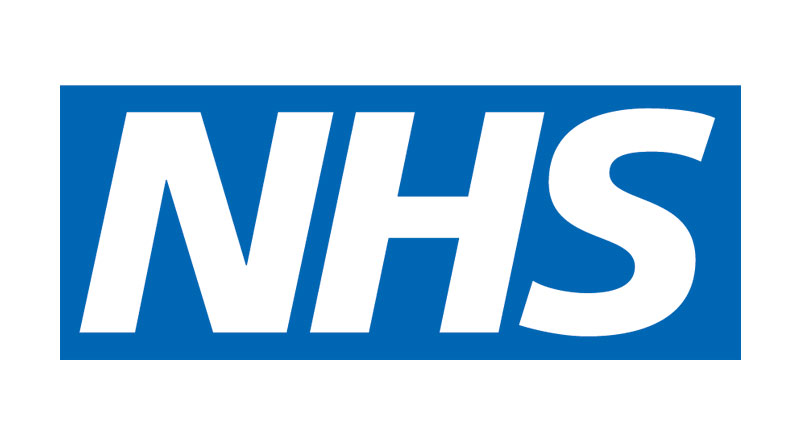NHS Warning As Winter Vomiting Bug Closes 1,000 Hospital Beds
The NHS is calling on the public to heed advice and stay at home if they have norovirus to avoid passing it on, as hospitals in England have been forced to close more than 1,100 hospital beds over the last week.
Top medics are concerned about the spread of the winter vomiting bug this year and the impact it is having on hospitals and other services.
They are therefore urging those who catch the virus not to go back to work or school until at least 48 hours after symptoms pass, to avoid passing it on to others.
The latest data from Public Health England (PHE) surveillance showed that the number of positive norovirus laboratory reports during the two weeks in the middle of November (11th-24th) was 28% higher than the average for the last five years.
And almost double the number of hospital beds have been closed every day over the last week than at the same time last year, in a bid to stop the spread of diarrhoea and vomiting to more patients.
The NHS is responding by launching a new social media campaign to help people avoid catching the bug if possible, and recognise and deal with the symptoms of norovirus at home if they are unlucky enough to get infected.
Health bosses are also encouraging those who need it to seek help from the free, 24/7 NHS 111 phone and online service rather than going to hospital or their GP, where they risk infecting others.
Professor Stephen Powis, NHS medical director, said: “We’ve already seen a number of hospitals and schools affected by norovirus, and unfortunately instances like these are likely to rise over the coming weeks.
“It’s a really unpleasant illness to catch, but for the vast majority of people it will usually pass in a couple of days, and self-treating at home is the best way to help yourself and avoid putting others at risk.
“Crucially, if you’re experiencing norovirus symptoms it’s important that you don’t return to work or school for 48 hours after they clear – and avoid visiting elderly or ill friends and relatives – to avoid spreading it to other people.”
Nick Phin, National Infection Service Deputy Director at Public Health England, said: “Cases of norovirus are at higher levels than we would expect to see at this time of year, although this is not unprecedented. Practising good hygiene is one of the best ways to protect against norovirus. This includes thorough hand washing with soap and warm water after using the toilet and before eating or preparing food.
“We advise people not to visit GP surgeries and hospitals with symptoms. However, if they are concerned they should contact NHS 111 or talk to their GP by phone.”






